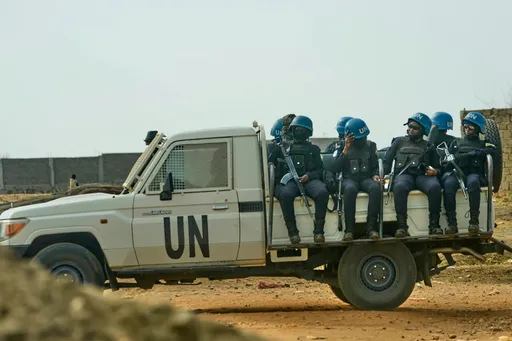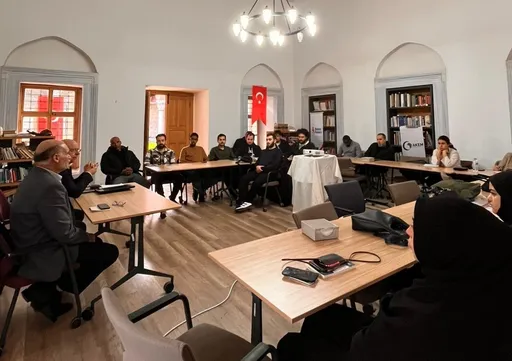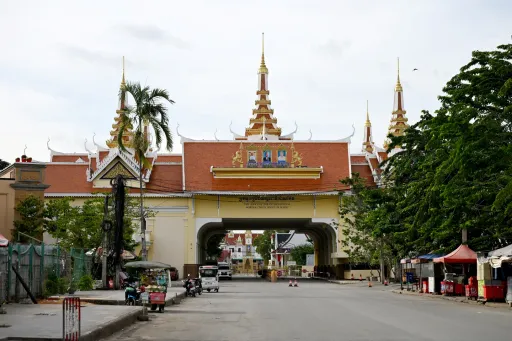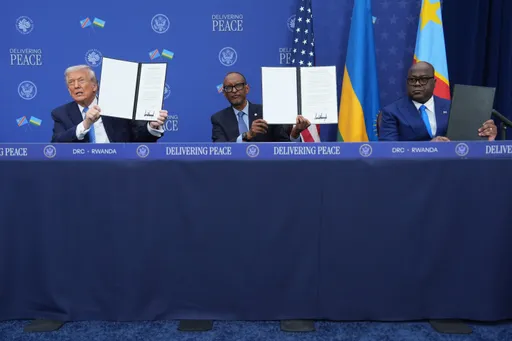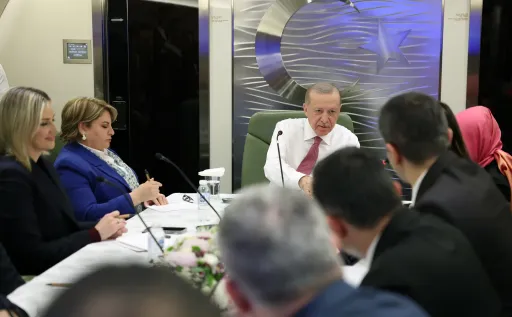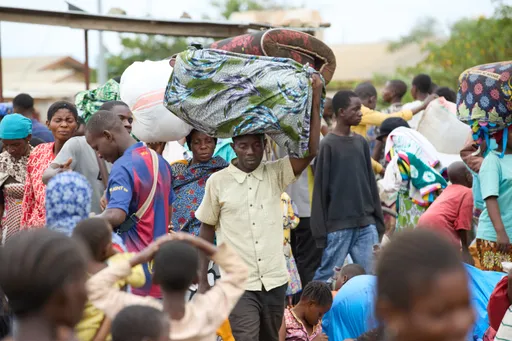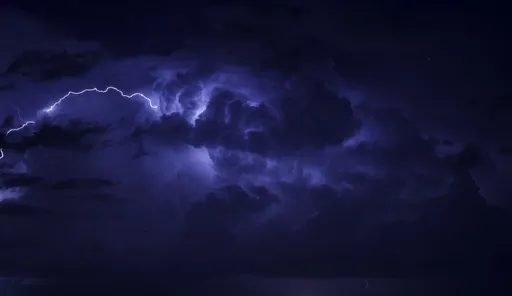The head of the Wagner force has said he ordered his mercenaries to halt their march on Moscow and retreat to their field camps in Ukraine to avoid shedding Russian blood.
The announcement from Yevgeny Prigozhin appeared to defuse a growing crisis. Moscow had braced for the arrival of the private army, led by its commander. Russian President Vladimir Putin had vowed he would face harsh consequences.
Prigozhin said that while his men were just 200 kilometers from Moscow, he decided to turn them back to avoid “shedding Russian blood.”
He didn’t say whether the Kremlin had responded to his demand to oust Defence Minister Sergei Shoigu. There was no immediate comment from the Kremlin.
Deal brokered
The announcement follows a statement from the office of Belarusian President Alexander Lukashenko saying that he had negotiated a deal with Prigozhin after previously discussing the issue with Putin.
On Saturday, Moscow erected checkpoints with armoured vehicles and troops on its southern edge in preparation for the arrival of the private army.
Prigozhin's actions represented the most significant challenge to Putin's leadership in his more than two decades in power.
'Treason'
In a televised speech to the nation, Putin called the rebellion a “betrayal” and “treason.”
“All those who prepared the rebellion will suffer inevitable punishment,” Putin said. “The armed forces and other government agencies have received the necessary orders.”
Authorities declared a “counterterrorist regime” in the capital and its surrounding region, enhancing security and restricting some movement.
Prigozhin had been locked in a power struggle with the Russian military’s top leadership, blaming them for his troops' deaths in eastern Ukraine.
He had also accused them of failing to adequately equip his private army and claiming victories won by Wagner.









